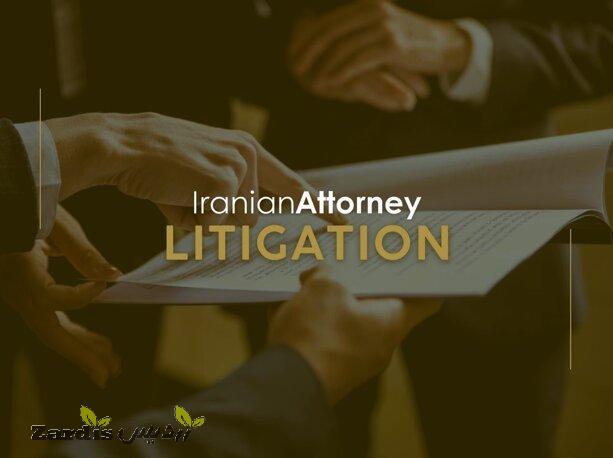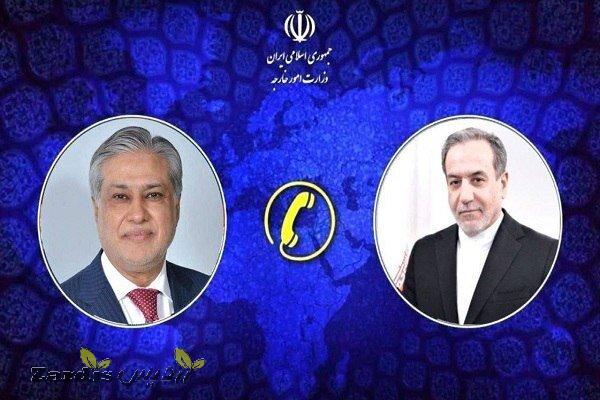Iranian Litigation Lawyers, entrusted with the responsibility of advocating for their clients in legal disputes, rely heavily on these legal doctrines to foster open communication, ensure effective representation, and safeguard the integrity of the legal process.
Attorney-Client Privilege:
Attorney-client privilege is a legal principle that protects the confidentiality of communications between an attorney and their client. The privilege is designed to encourage clients to be forthright and open with their attorneys, knowing that the information shared will be kept confidential. This confidentiality extends to all forms of communication, including oral discussions, written correspondence, and even electronic communications.
For Iranian Litigation Lawyers, the attorney-client privilege is crucial in building a strong and trusting relationship with their clients. Clients must feel comfortable disclosing all relevant information, even sensitive or potentially damaging details, to ensure that the lawyer can provide the most effective legal representation. The privilege remains in effect even after the attorney-client relationship concludes, reinforcing the long-term confidentiality of the shared information.
It’s essential for Persian Litigation Attorneys to educate their clients about the scope and limitations of attorney-client privilege. By doing so, lawyers can guide clients on the importance of maintaining confidentiality and help them understand how the privilege may be waived under certain circumstances, such as when the client discloses the information to third parties.
Work Product Protection:
In addition to attorney-client privilege, work product protection is another vital legal doctrine that shields the efforts and strategies employed by Persian Litigation Lawyers during the course of preparing for litigation. Work product protection is rooted in the idea that attorneys should be able to prepare their cases without fear that their work will be scrutinized or exploited by opposing parties.
Work product encompasses a lawyer’s notes, mental impressions, opinions, and other materials prepared in anticipation of litigation. This protection is not absolute, and there are distinctions between ordinary work product and opinion work product. While ordinary work product may be discoverable in certain circumstances, opinion work product, reflecting the lawyer’s mental processes, is typically granted broader protection.
Iranian Litigation Lawyers leverage work product protection to create a zone of privacy around their case strategies, legal theories, and trial preparation. This allows them to engage in candid and robust analysis without concern that their thought processes will be subject to discovery by opposing parties. The protection extends not only to the lawyer but also to the lawyer’s agents, such as legal assistants or investigators, who assist in case preparation.
Iranian Litigation Lawyers:
In the intricate world of litigation, the principles of attorney-client privilege and work product protection stand as pillars upholding the confidentiality and integrity of the legal process. Iranian Litigation Attorneys, as custodians of these legal doctrines, must not only understand their nuances but also proactively employ them to foster trust with their clients, develop robust case strategies, and navigate the complexities of litigation with diligence and integrity. The judicious application of these protections ensures that the attorney-client relationship remains a sanctuary for open communication and that the lawyer’s strategic endeavors are shielded from unwarranted scrutiny.
Disclaimer: This article is for informational purposes only and does not offer any legal advice.
This article is an advertisement and Zardis News Agency has no opinion on its content.
- زردیس Zardis
- News code 53952
- 124 View
- بدون نظر
Zardis news | The latest news of Iran and the world
تمامی حقوق مطالب برای Zardis news محفوظ است و هرگونه کپی برداری بدون ذکر منبع ممنوع می باشد.
طبق ماده 12 فصل سوم قانون جرائم رایانه ای کپی برداری از قالب و محتوا پیگرد قانونی خواهد داشت.
طراحی و اجرا: سامانه سایت ساز زردیس







